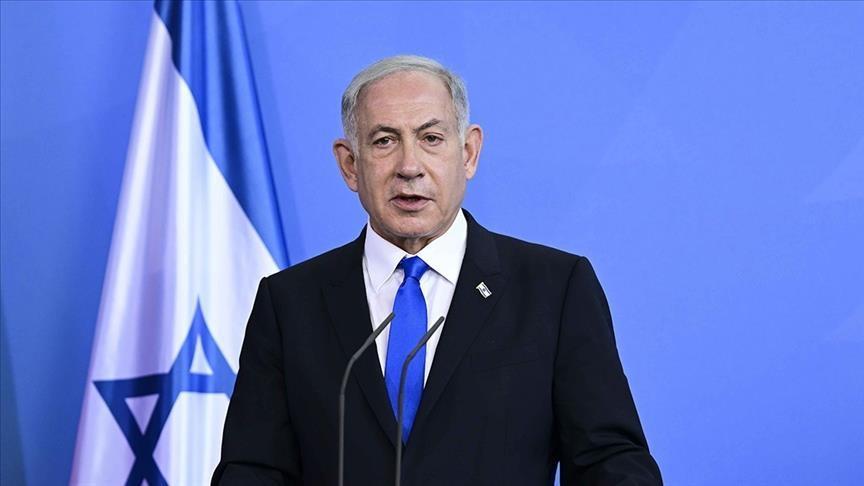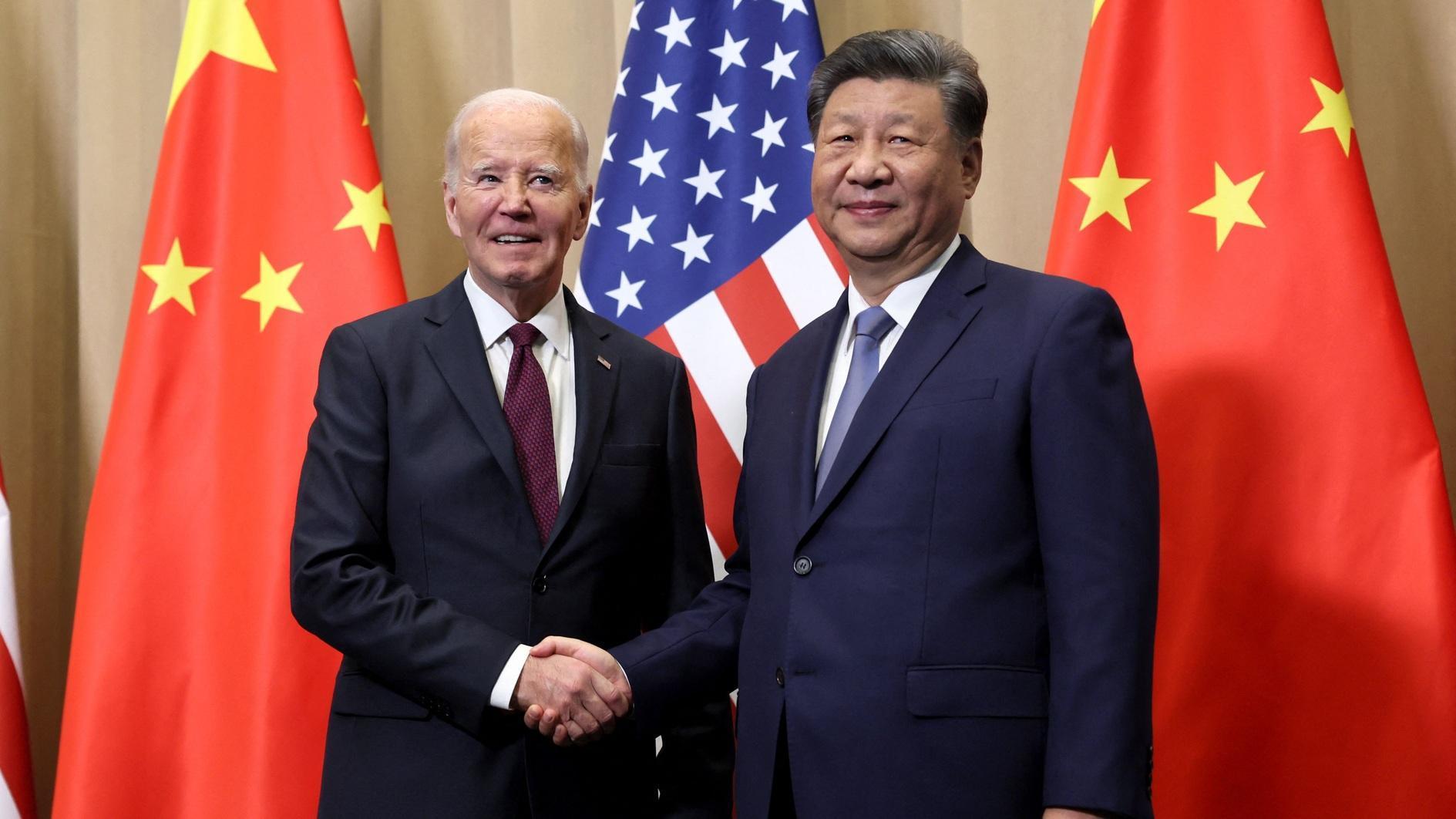Iraqi Kurds’ VIVA World Cup win rises hopes for nationhood
James M. Dorsey

Two Iraqi Kurdish players represent their team during the opening ceremony at the 2012 VIVA World Cup, organized by the Non-FIFA Board and hosted by the Kurdistan Regional Government.
The Kurdistan Regional Government (KRG) beat northern Cyprus this week to win the fifth VIVA World Cup, but both nations secured a far greater victory than winning an obscure football tournament by successfully projecting themselves as national and cultural entities.The tournament organized by the New Federation or Non-FIFA Board underlines the role football plays in furthering national dreams. Like religion, football is a tool for socialization that generates a sense of belonging, representation and recognition. For nations like Palestine that, thanks to Arab pressure, is FIFA’s only member without a state, as well as northern Iraq, football is a key pillar of their strategy to achieve independence.
A statement by Iraqi Kurdish President Masoud Barzani equating sports with politics as a way of achieving recognition adorns the Kurdish state-in-waiting’s three major stadiums and virtually all of its sports centers and institutions.
“We want to serve our nation and use sports to get everything for our nation. We all believe in what the president said,” said Safin Kanabi, head of the Kurdish Football Association, which co-organized the VIVA tournament with financial support from the Iraqi Kurdish government.
Kanabi is also the scion of a legendary supporter of football who led anti-regime protests in Kurdish stadiums during Saddam Hussein’s rule.
“Like any nation, we want to open the door through football. Take Brazil: People know Brazil first and foremost through football. We want to do the same. We want to have a strong team by the time we have a country. We do our job, politicians do theirs. Inshallah, we will have a country and a flag,” adds KRG coach Abdullah Mahmoud Muhieddin.
Sitting on the floor of a hotel room in Arbil, Sheikh Sidi Tigani, president of the Western Sahara Football Federation, said the Sahrawi government-in-exile formed by liberation movement Frente Polisario saw football as a way of keeping youth away from violence and drugs. It also allows the guerrilla movement to channel discontent with the fact that 37 years after the territory was occupied by Morocco, Sahrawis are no closer to a state of their own.
“Our external objective is primarily to project our identity through sports. Many people don’t know our problem or would not be able to find us on a map. Football can change that. We had a French woman visit our refugee camps. When she told children that she was from France, they all replied saying Zidane,” Sheikh Sidi said in reference to retired star football player Zinedine Zidane, a Frenchman of Algerian origin.
“We’ve replace the gun with a football ball,” adds Western Saharan national sports director Mohammed Bougleida.
Western Sahara’s presence at the VIVA tournament constituted a victory not only for the African desert region but also for the KRG itself, even if the Sahrawis were forced to make concessions. The tournament allowed the KRG to demonstrate its ability and intention to conduct a foreign policy at odds with that of Baghdad by hosting a world cup for nations that world football body FIFA refuses to recognize; the fact that Morocco protested against the inclusion of the disputed Saharan territory to the Kurdish Department of Foreign Relations rather than the Iraqi Foreign Ministry and negotiated a deal with the Iraqi Kurds under which the Sahrawis were not allowed to fly their flag during ceremonies and matches added to the KRG’s sense of recognition.
For the various nations participating in the VIVA World Cup, recognition means differing things. For a majority including the KRG, northern Cyprus, Darfur, Western Sahara and the Tamils, it is about achieving recognized nationhood. For Raetia, a former Roman province in the region of present-day Switzerland, and Occitania, an area that is mostly in southern France, it is a platform to assert cultural identity while for Zanzibar it is a tool to persuade FIFA to pressure the Tanzanian football association into including the island as part of its responsibility.
Kurdish national team’s difficulties
Building and maintaining an Iraqi Kurdish national team remains a political balancing act.
“When we travel through Turkey we can’t wear our Kurdistan outfits because it is too sensitive. The Turks remove all our T-shirts and tags from our bags. It’s just too risky,” said Kanabi.
Iraq, too, is afraid that the Kurdish team will lure some of its best players. A lack of FIFA recognition means Kanabi cannot demand that Iraqi Kurds choose between the Iraqi and the Kurdish squad.
In using football as a tool to further nation and statehood, Palestinians and Kurds are maintaining a tradition established at the time that football was introduced to the region by the British.
“Sport was then used as a means of resisting, to different degrees, French and British colonial presence, and of defending the Arab cause in the international arena,” Algerian sports researcher Mahfoud Amara said in a book published last year.
Algeria’s national team, for example, traces its roots to the National Liberation Front (FLN) during the war of independence which formed the team in 1957 from Algerian players in France who clandestinely left their colonial motherland to forge closer ties with its socialist supporters. The FLN move came on the heels of the first sport demonstration involving several Arab nations during the 1956 Olympic Games in Melbourne, which Egypt, Lebanon and Iraq boycotted in protest against the invasion of Egypt by British, French and Israeli troops.
The crowds in stadiums stood erect each time the Iraqi Kurdish anthem was played at the beginning of a VIVA match. “Kurdistan, Kurdistan,” they shouted with one voice whenever their national team went on the offensive.
“Our success with VIVA demonstrates our ability to govern ourselves. Our goal for now is to be part of FIFA. All languages are represented in FIFA, only Kurdish isn’t while [FIFA President Sepp] Blatter claims that football is for everyone. We are human. We want the world to understand Kurdistan’s contribution,” Kanabi said.
















